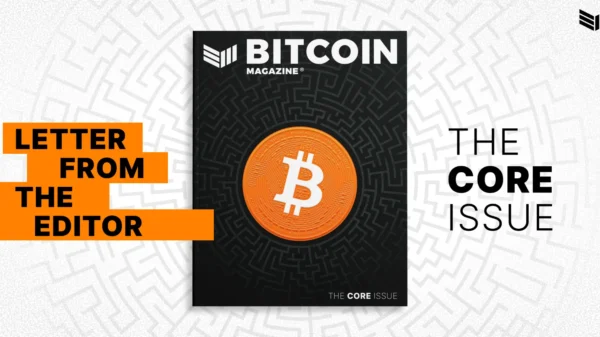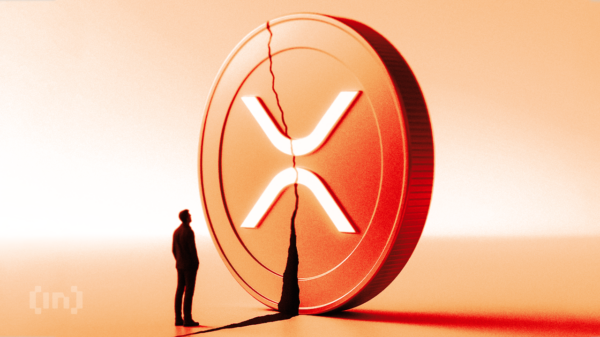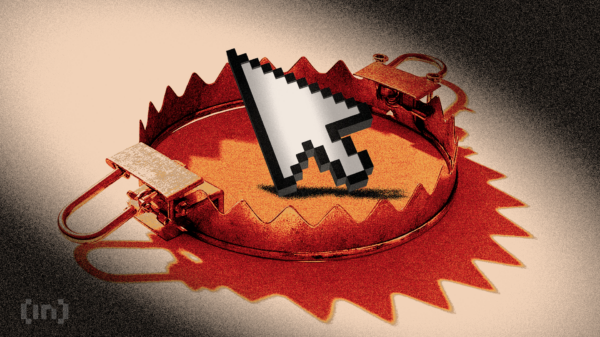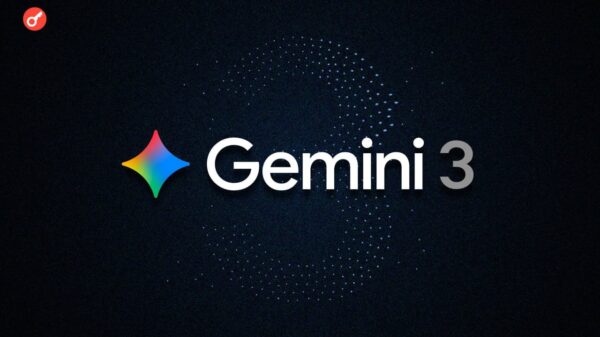The United Arab Emirates (UAE) has stirred discussions regarding the potential of Bitcoin as a replacement for gold following a substantial investment of $518 million in the leading cryptocurrency. This strategic move, which saw the Abu Dhabi Investment Council (ADIC) significantly increase its holdings, reflects a growing trend among nations to consider Bitcoin a vital asset.
In 2025, the UAE tripled its Bitcoin portfolio, with the ADIC boosting its stake in BlackRock”s iShares Bitcoin Trust by an impressive 230% by the end of the third quarter. At that time, the value of this position reached nearly $518 million, with approximately 8 million IBIT shares acquired, a significant increase from 2.4 million shares just three months prior. Operating independently, ADIC is a subsidiary of Mubadala, the UAE”s sovereign wealth fund.
An ADIC spokesperson commented on the rationale behind this aggressive acquisition, stating that they regard Bitcoin as playing a crucial role alongside gold, contributing to portfolio diversification. This perspective positions Bitcoin as a strategic reserve asset for the UAE, raising critical questions about the evolving narrative of nation-states and their approach to digital currencies.
Other countries are following suit, with notable new entrants like the Czech Republic, which recently purchased its first $1 million in Bitcoin and stablecoins. Luxembourg has also announced a commitment of 1% of its sovereign wealth fund, approximately €7 million, to Bitcoin and other crypto assets. Additionally, Saudi Arabia has joined the ranks of new buyers this year, while established players like El Salvador have increased their holdings, recently acquiring $100 million in Bitcoin, bringing their total to 7,474 coins valued at $676 million.
This growing trend highlights that governments now collectively hold over 645,000 BTC, making them the third-largest holders of Bitcoin, following public companies and exchange-traded funds. According to the digital asset manager Bitwise, this government ownership accounts for only 1.5% of total Bitcoin holdings, compared to 17% for gold, indicating that Bitcoin”s adoption among state actors is still in its infancy.
Despite the optimism surrounding Bitcoin, recent market conditions have tested the resolve of nation-state holders. A significant sell-off in the fourth quarter has led to a nearly 30% drop in Bitcoin”s price, creating considerable paper losses for current holders. As 2026 approaches, the forthcoming Q4 filings may reveal which countries maintained their commitment to Bitcoin during this turbulent period.
















































































